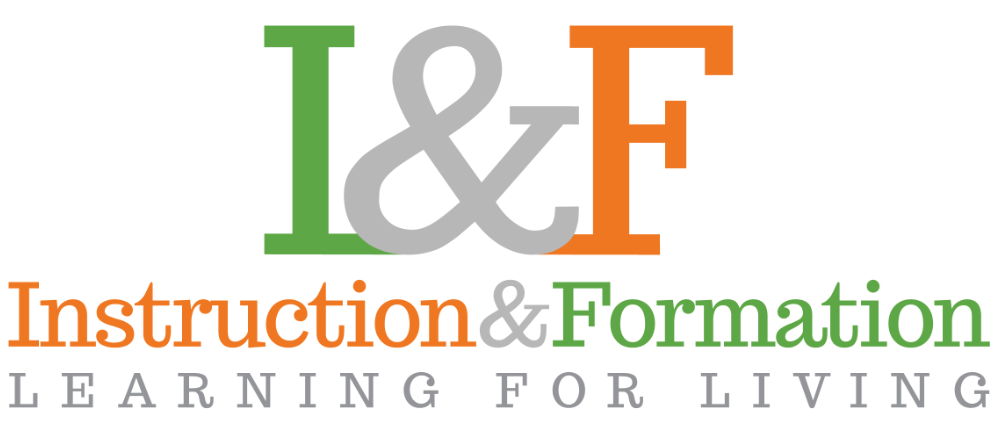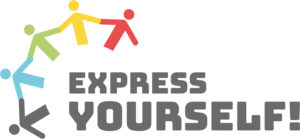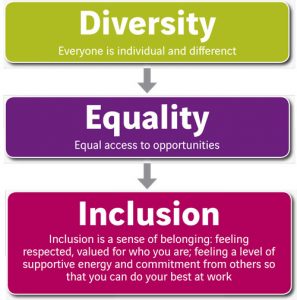We are delighted to announce that the Express Yourself Project presented by DIAK in Finland has been approved. Apart from I & F other partners include countries like Lithuania,Germany, Spain and a second partner from Finland.
The purpose of the Express yourself! Inclusive grouping in schools project is to promote social inclusion in school communities in order to prevent school drop-outs, to improve learning outcomes and to reinforce socio-economic diversity in the learning environments.
This is a project within KA3 for Social Inclusion and Common Values: the Contribution in the Field of Education, Training and Youth.
WEBSITE
The project website can be accessed here: https://expressyourself.diak.fi/
Description of the Project
Express yourself! – Inclusive grouping in schools, targets the inclusive education and training objectives through socially inclusive grouping and by supporting young people’s self-expression with the emphasis on performing arts and supportive methods. More specifically, the project objectives target the disadvantaged learners and youth at risk of social exclusion as well as the public educators, private trainers and the leaders of educational institutions working with the youth. The main beneficiaries of the project are the youth with limited opportunities to take part in sport activities and performing arts. The aim of the project is in scaling up the good practices obtained in the ‘Sporty Theater Inviting Everyone to Participate’ -project (Hereinafter referred to as “Sporty Theatre”). The project was funded by the European Social Fund and implemented in Finland in 2016-2019. Express Yourself! Will be a continuum of the “Sporty Theatre” project and the scale up will be carried out by replicating and testing the good practices in European context to find common, cost-effective pragmatic tools to address the EU-wide challenges and to inform decisions at policy level.
The project’s first specific objective of focusing on disadvantaged learners and youth at risk of being socially excluded as well as targeting their educators and trainers are met through the project design. The target groups are students with less opportunities to take part in extracurricular activities such as performing arts and sports. The groups will be selected from public secondary schools and especially from vocational schools as the transition from primary school to secondary school is one of the most critical ones during the education path. The key in engaging the youth at risk through the means of inclusive grouping is to engage the entire group of students, all from various backgrounds. This is not only in order to guarantee the reinforcing of the socio-economic diversity, but to effectively impact the inclusion and to prevent the stigmatization of the students at risk through separating them into a different group. This integration approach is widely used in Finnish schools and globally in different sectors of life, for example gender inclusion.
The educators and trainers taking part in the project are the secondary level school teachers and the trainers affiliated with local training organizations such as theatres and dance studios. All the trainers will be trained into utilizing the inclusive grouping techniques, each within their own track of expertise. The teachers and trainers will also gain the capacity to train others within their organization (ToT). This way the skills are invested in the local organizations working with youth. The teachers and the leaders of the educational institutions will be introduced into the grouping methodologies or, depending on their resources and motivation, trained into performing them. The increased understanding of the importance of proper grouping in schools and the increased capacity to implement the grouping techniques in class are enhanced in the schools through the teachers.
As per the initial results of the “Sportive Theatre” –project, this combination of informal and formal education creates an inviting environment for the disadvantaged learners and pupils otherwise at risk of dropping out of school and being socially excluded. The inclusive grouping activities are proven to be efficient in increasing trust between the students and the teachers, in motivating the students and to have had a positive impact on the overall wellbeing of the students. The group leaders reported – from among many other observations – the following student feedback and observations:
“The groups grouped. Performing was no longer so stressful. There were less anxiety.”
“The youth took responsibility over the activities, each other and themselves.”
“The confidence improved, the unity grew, the openness and improvising increased.”
“The activities gave positive energy in the middle of the school day.”
“I learned how to find feelings.”
All the above-mentioned results of inclusive grouping contribute to the self-esteem, overall wellbeing and motivation of pupils to stay in school. In addition to the direct social inclusion benefits within the groups and the school environment, the approach gave the students the capacity and tools for further inclusion within the society. The project also encouraged the youth to take part in civic activities.
The project’s second specific objective is to produce evidence to support policy reform at national and EU level. For this purpose, the project includes wide dissemination actions. For dissemination, through project evaluation actions, project compiles the results of the pilots and communicates them via different channels for the identified most relevant target groups.
There is a strong relevance between the project proposal and the general and specific objectives of the call. The Express yourself! project approach is innovative and has been tested in Finnish conditions, the initial project results demonstrate the ability of the concept to make an impact and help in solving the challenges related to social exclusion of the youth. The project partners are all committed professionals from various fields of the needed expertise and from various geographical locations, thus enabling the dissemination and up-scaling as per national needs within the EU. The project design creates new connections between the actors working with youth and thus strengthens the efforts of preventing social exclusion. There is also a strong common will to develop the existing good practices into a cost-effective, common tool and to provide new information for the support of policy decision-making. All this enhances the global efforts towards quality education for all, especially for those in a marginalized position, and social inclusion.





